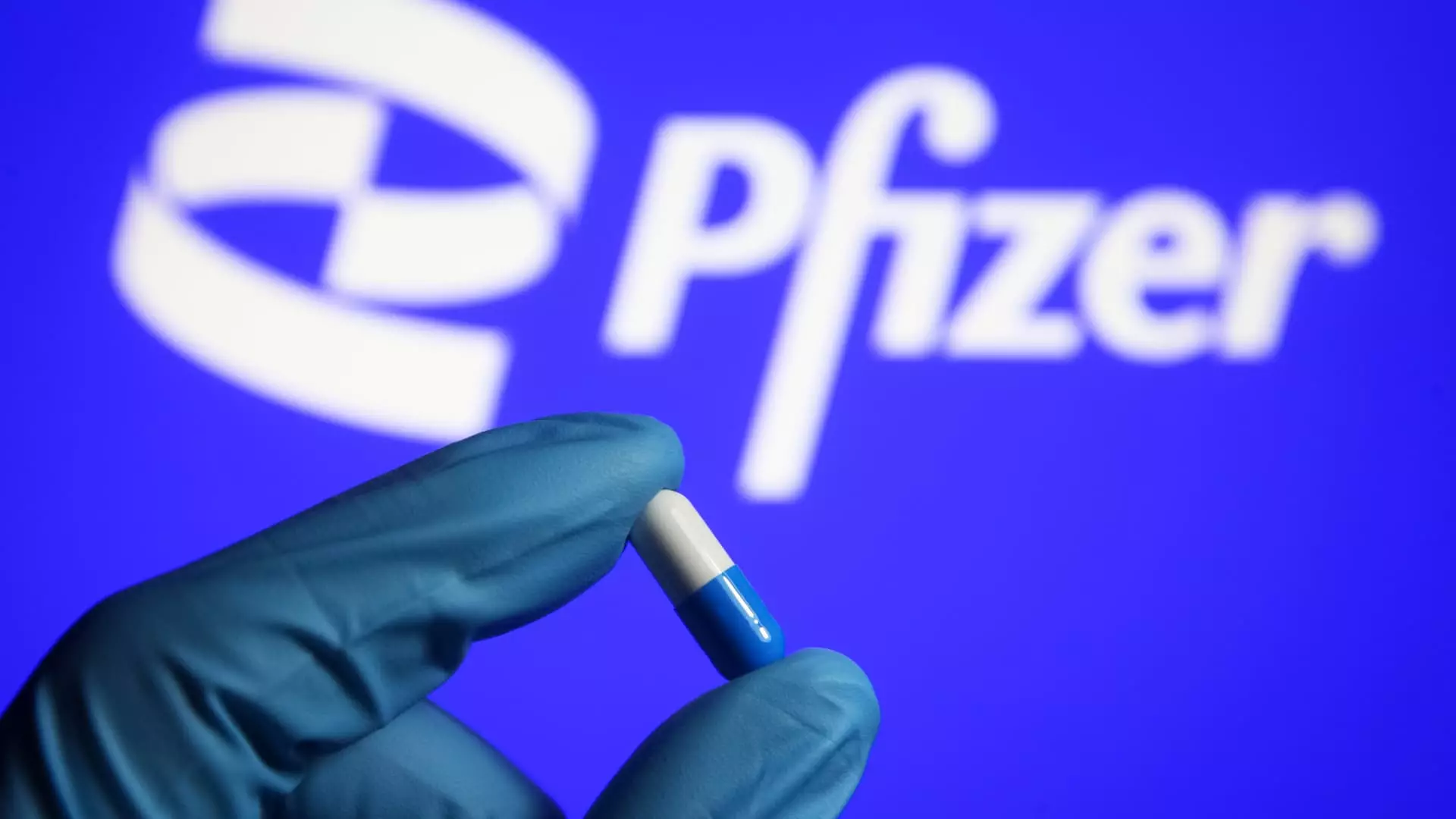Pfizer’s recent decision to discontinue the development of its twice-daily weight loss pill, danuglipron, highlights the ongoing challenges faced by pharmaceutical companies in creating effective and safe treatments for obesity. While obese patients in clinical trials experienced significant weight loss with the drug, the high rates of adverse side effects were a cause for concern. This is not an isolated incident, as numerous other obesity drugs have faced similar issues and been scrapped or pulled from the market due to unintended consequences. The development of safe and tolerable weight loss medications remains a complex and elusive goal.
A History of Unintended Consequences
The path to finding effective treatments for obesity has been riddled with failures spanning decades. Many experimental drugs have been abandoned by drugmakers, rejected by regulatory authorities, or withdrawn from the market due to unintended side effects. These side effects have ranged from elevated liver enzymes and increased cancer risks to cardiovascular risks and serious psychiatric problems, such as suicide. One example is Eisai’s lorcaserin, which was removed from the market in 2020 due to an increased risk of cancer in patients. Despite initial FDA approval based on clinical trials, a larger and longer study revealed the concerning link to cancer, leading to the drug’s withdrawal.
The European Approval Controversy
Rimonabant, an obesity drug developed by Sanofi and Aventis, faced a different fate in Europe compared to the United States. While it never gained approval from the FDA due to concerns about its potential to cause suicidal thoughts, European regulators approved the drug in 2006 after extensive clinical trials. However, just two years later, European regulators recommended its suspension due to the outweighing risks of psychiatric issues. Rimonabant worked by suppressing appetite through the blocking of cannabinoid substances in the brain. The drug’s limited time on the market and failure to win U.S. approval prevented it from achieving Sanofi’s lofty revenue projections.
The Cardiovascular Risks
Several obesity drugs, including sibutramine from Abbott Laboratories, have faced discontinuation or withdrawal from the market due to unintended cardiovascular risks. Sibutramine, once widely used as a treatment for obesity, carried warnings about high blood pressure, heart attack, and stroke. A long-term trial confirmed the significant increase in cardiovascular events associated with the drug, leading to regulators pulling it from the U.S. and European markets in 2010. Sales of sibutramine were already declining prior to its removal, indicating the general lack of effectiveness and safety.
Despite these failures, recent breakthrough medications have shown promise in safely and successfully causing significant weight loss. Novo Nordisk’s Wegovy and Eli Lilly’s Mounjaro have gained popularity in the market, leading to shortages. The significant demand for these drugs reflects the obesity epidemic, with approximately 40% of U.S. adults classified as obese. As such, weight loss drugs have become a lucrative cash cow for the pharmaceutical industry, providing opportunities for companies to tap into a growing market and address a pressing health concern.
Pfizer’s decision to discontinue the development of danuglipron does not mark the end of efforts to find effective and safe weight loss treatments. The pharmaceutical industry continues to explore innovative approaches and medications to tackle obesity. Pfizer plans to release data on a once-daily version of the pill in the coming year, which will inform future development and decision-making. The challenges faced in developing weight loss drugs underscore the complexity of the human body and the need for comprehensive research and clinical trials to ensure efficacy and safety.
The failures and challenges in the development of weight loss drugs highlight the importance of balancing risks and benefits. The desire for effective and rapid weight loss must be weighed against the potential for significant side effects and long-term health risks. Regulatory authorities play a crucial role in evaluating the safety and efficacy of these medications. Their decisions can have a profound impact on public health and must be based on rigorous and comprehensive assessments.
Developing safe and effective weight loss drugs remains a difficult task for pharmaceutical companies. The numerous failed attempts and withdrawn medications demonstrate the challenges of finding treatments that can address obesity without introducing severe unintended consequences. While recent breakthrough medications have shown promise, the industry must continue to invest in research and development to bring forth innovative solutions. The battle against obesity requires a comprehensive and multifaceted approach, combining lifestyle changes, education, and medications that are backed by rigorous scientific evidence and prioritize patient safety.

Leave a Reply